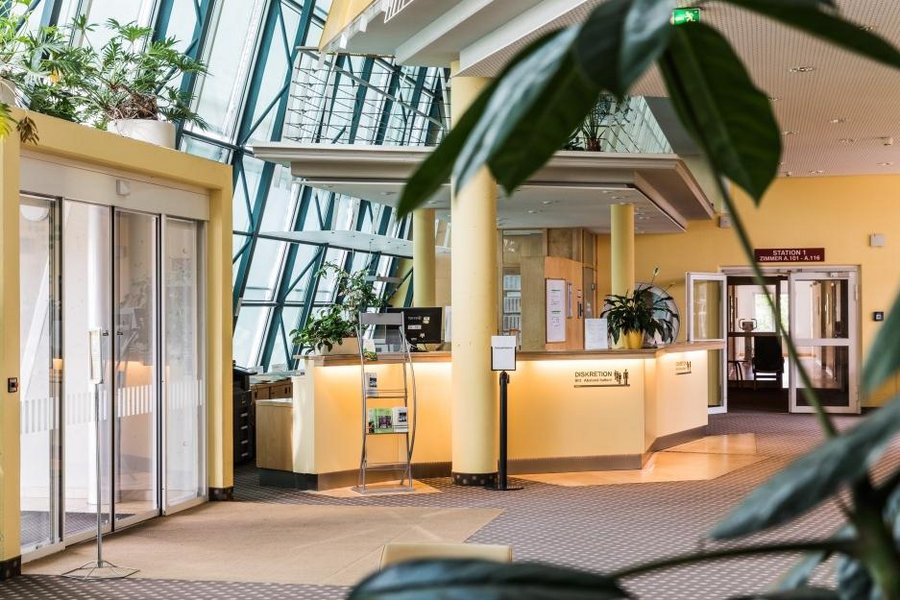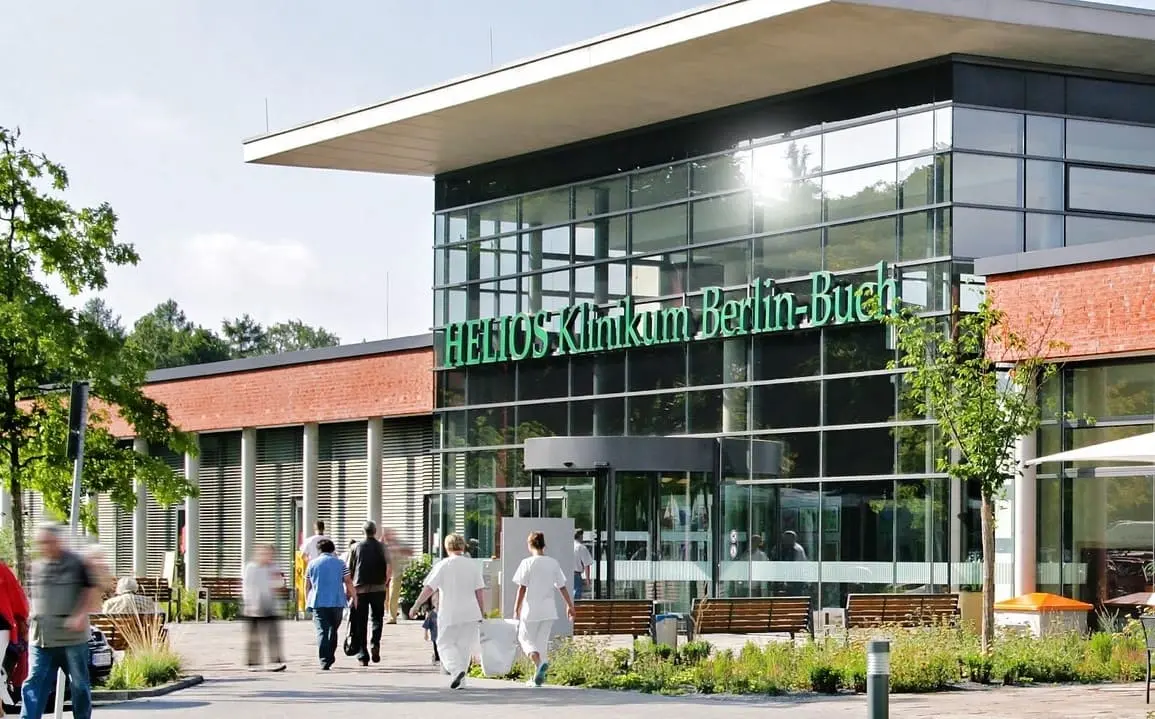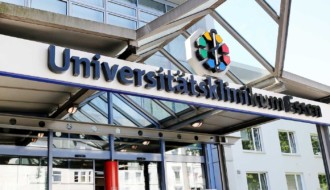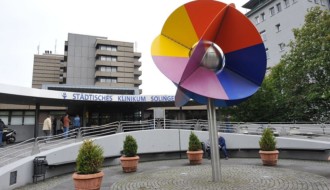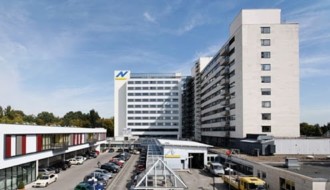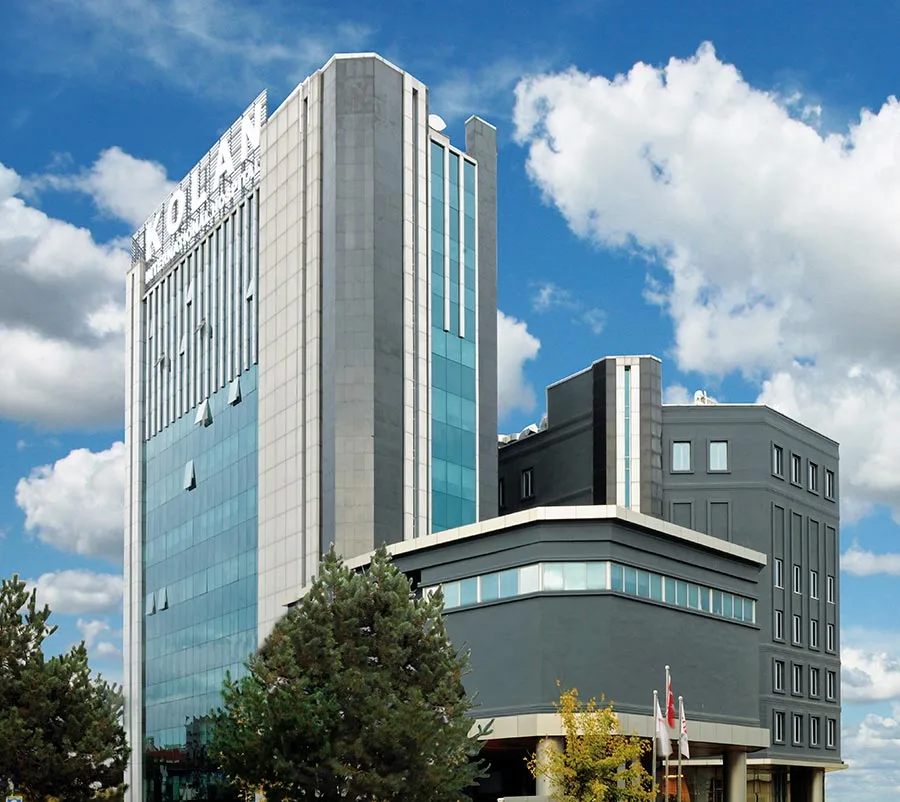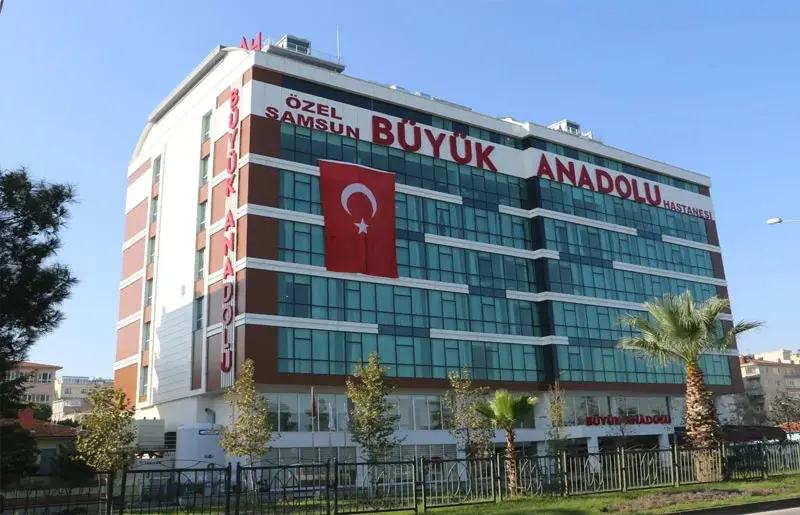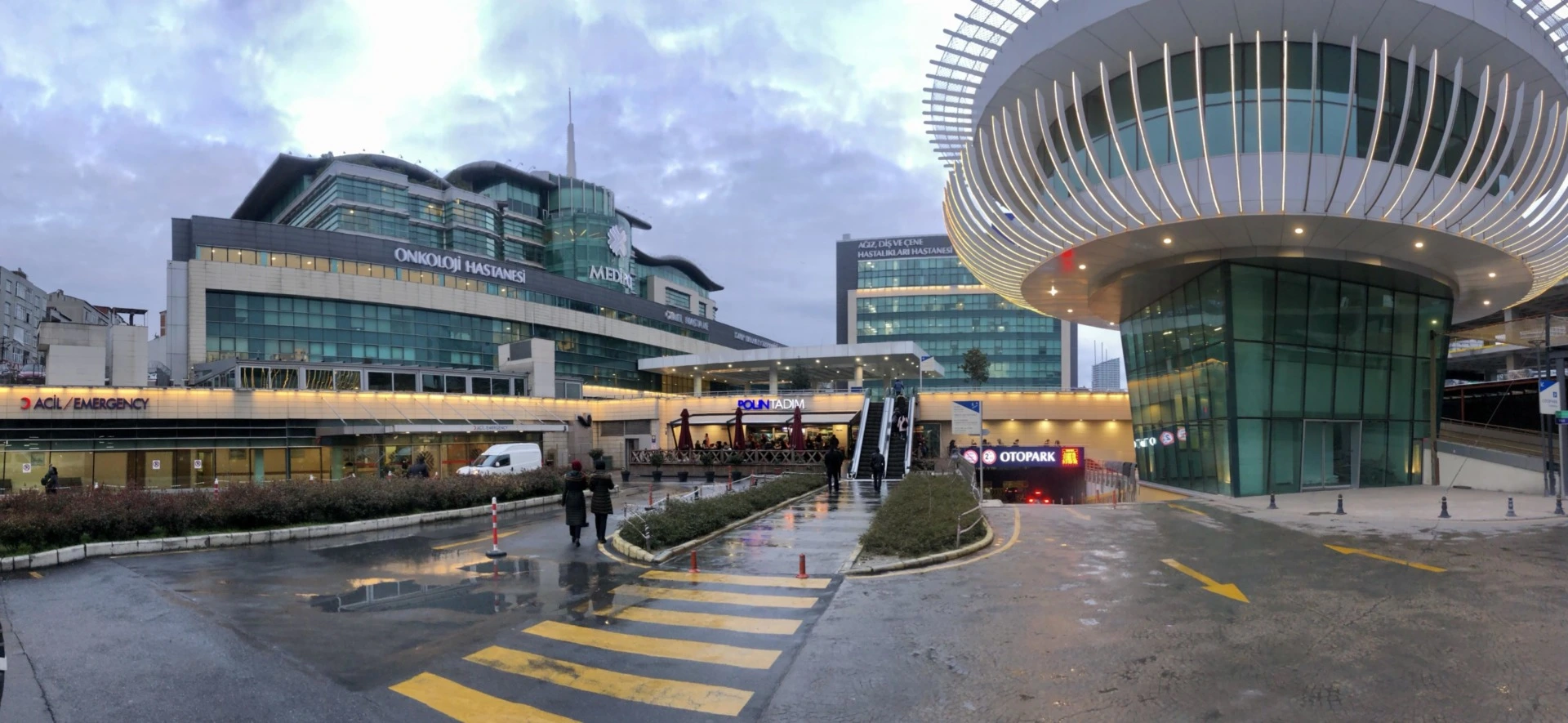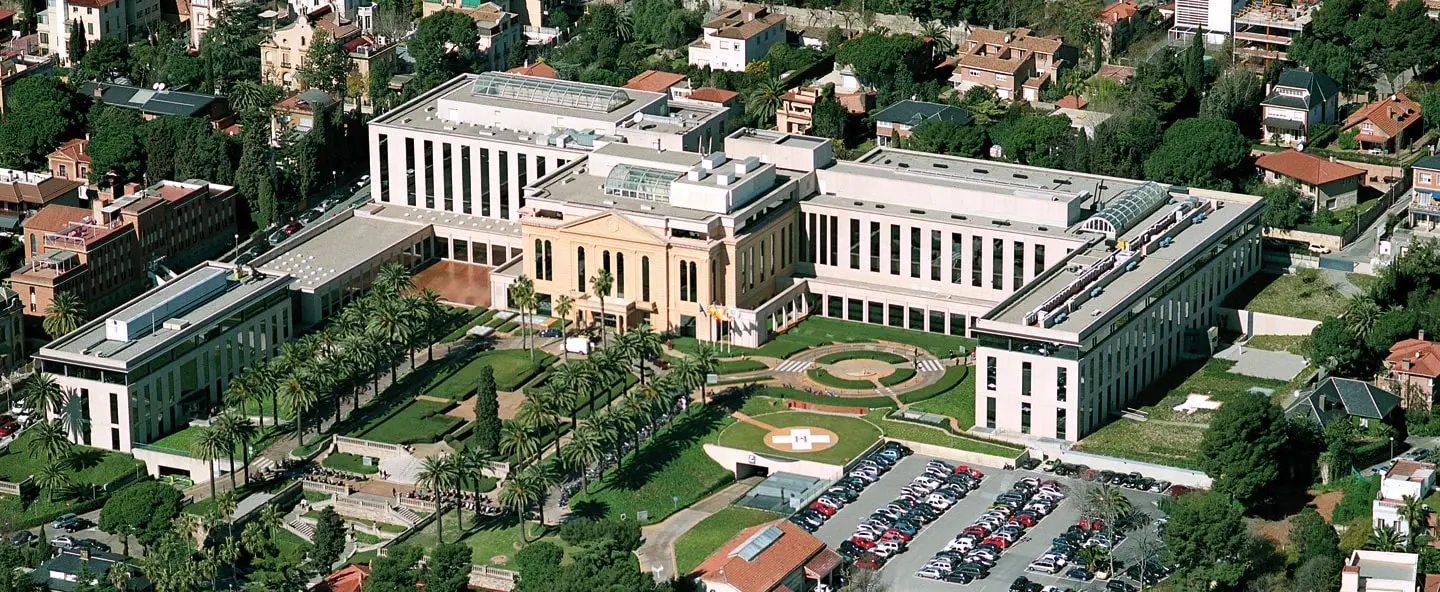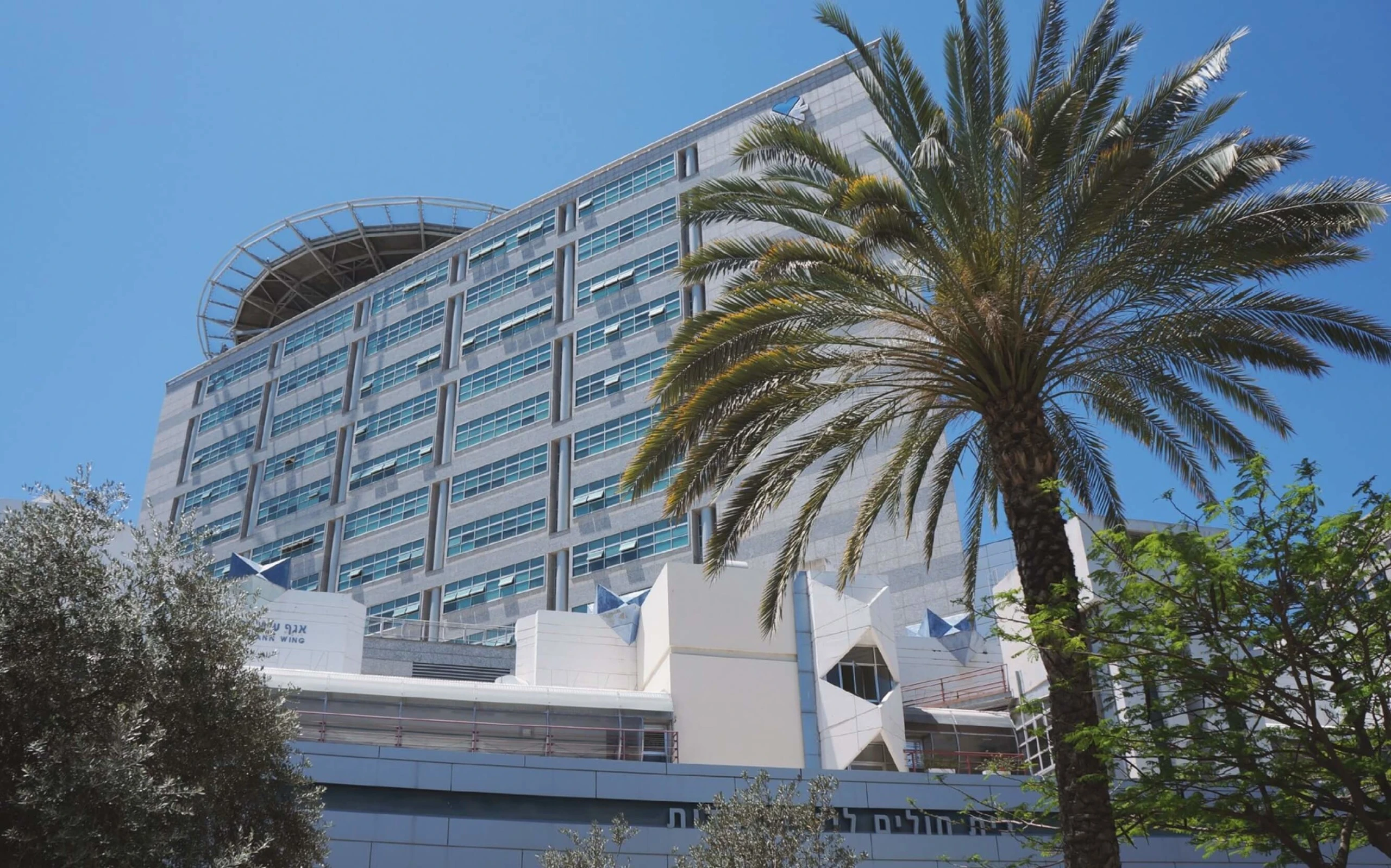Areas of Focus at Helios Heart Center Leipzig
Since its foundation, Helios Heart Center Leipzig has maintained a leading position not only in Germany, but also across Europe, excelling in both scientific research and in practical healthcare.
Over a quarter of a century of operation, the center has established itself as a world-class medical institution with an impeccable reputation.
Today, more than 1,450 specialists work at the clinic, including world-renowned physicians and researchers with extensive international experience. The center treats approximately 44,000 patients annually, providing care on an outpatient, inpatient, and pre-hospital basis.
Medical care covers all areas of diagnostics and therapy of cardiovascular diseases. The center pays particular attention to the interdisciplinary approach: instead of a single doctor, each patient is treated by a “Heart Team” – a multidisciplinary team including a cardiologist, cardiac surgeon, arrhythmologist, anesthesiologist, and internal medicine physician. Such collaboration ensures the most effective and safest treatment plans for both adults and children.
Heart Center Leipzig is also actively involved in the development and implementation of advanced medical techniques, many of which have become global standards. These include:
- minimally invasive heart valve surgeries:
- aortic valve implantation using TAVI technology;
- transcatheter correction of the mitral and tricuspid valves using MitraClip and TriClip systems;
- modern ablation methods,
- high-precision methods for correction of congenital heart defects.
Primary Diagnostic Methods at Heart Center Leipzig
At the Helios Park Clinic, advanced diagnostic procedures are performed using the latest equipment:
- Coronary angiography: a specialist injects a contrast agent into the vessels, allowing them to be visualized via X-ray. This method helps detect narrowing of veins or arteries, abnormalities, and assess blood flow dynamics;
- Ergometry is a method that evaluates heart function at rest, during physical activity on an exercise bike, and during recovery;
- Echocardiography provides an assessment of the heart’s anatomy and its function. A doctor can use it during surgeries and to check the post-operative condition;
- Interventional MR measures blood flow velocity, myocardial contractility, and heart volume;
- CT scan of the heart enables detection of fibrosis, thrombosis, and congenital heart defects;
- Scintigraphy is a nuclear medicine test that examines heart function using radioisotopes;
- Holter monitoring: a the patient wears a portable device for 24 hours that continuously records heart rate and rhythm;
- Pediatric cardiac diagnostics: a doctor uses modern diagnostic methods to examine the structure and function of a child’s heart and blood vessels.
Would you like to receive a free consultation?

